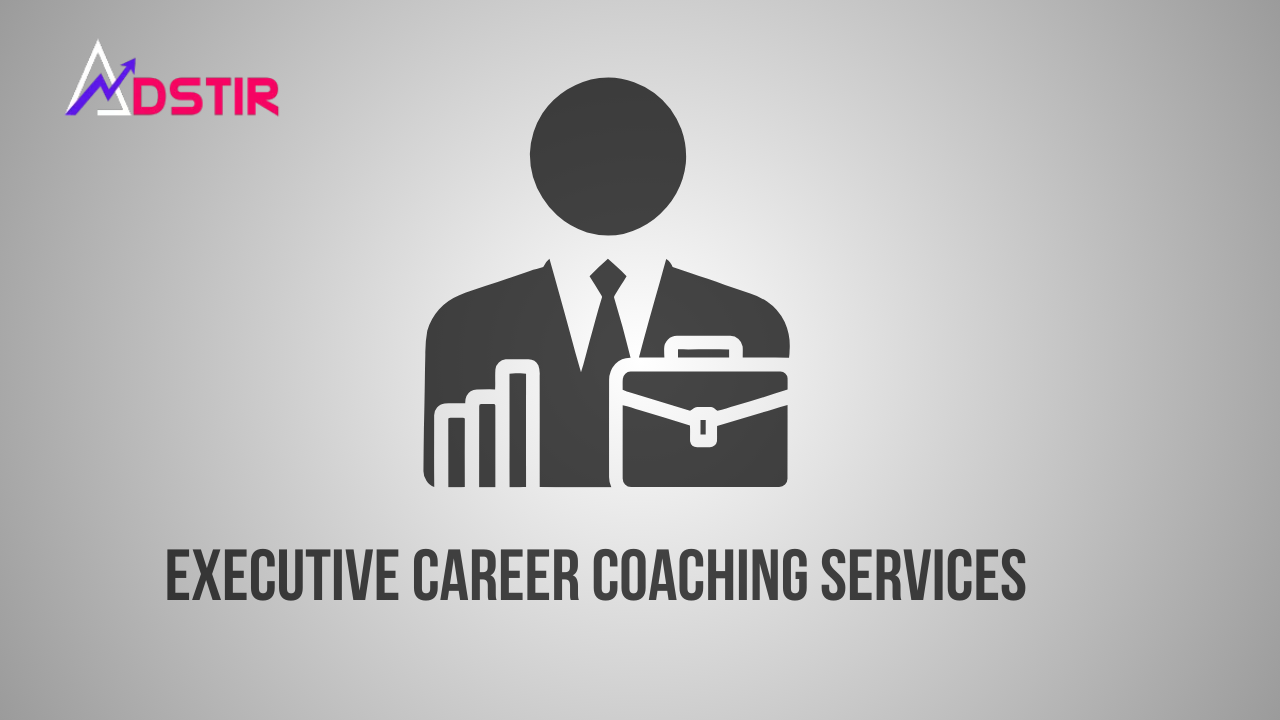Top-level professionals today contend with an entirely new set of pressures and challenges. They need to balance between making crucial business decisions, team management, and trying to ensure there is room for self-development in their career. Even the most seasoned of executives have their moments of feeling stuck and overwhelmed. This is where executive career coaching can make an impact.
Professionals are provided with guidance based on particular challenges that need to be addressed, helping leaders enhance their competencies and elevate their career steps with ease. It is like having an expert consultant who supports you in making crucial choices in your career, becoming a better leader, and even strategically deciding what success means for you.
What Is Executive Career Coaching All About?
Executive coaching is a strategy aimed at improving the skills of chief executives, directors, and senior managers. This is a one-on-one method of pursuing personal development. Unlike regular career coaching, which is intended for entry-level workers and young employees, executive coaching is focused on enhancing leadership, strategic thinking, and other critical competencies.
Many executives look for coaching services when they feel stuck in their positions, during transitions into new roles, or when they want to amplify their presence as a leader. It is not about eliminating gaps, but rather, unlocking possibilities and optimizing what is already there.
Why Is Career Coaching Important For Executives?
1. Improving Leadership Skills
Effective leadership not only entails managing a group of workers; it also includes motivating and inspiring them, solving problems appropriately, and remaining calm even in stressful situations. In this regard, a coach assists versatile leaders in perfecting their leadership approach, creating effectiveness in communication, and increasing emotional intelligence. Such competencies are a must for successful leaders.
2. Planning the Next Career Move
At some point, every executive faces a moment of uncertainty. Should they aim for a higher position within their company? Switch industries? Start their own business? A career coach helps executives set clear, actionable goals based on their strengths, ambitions, and market trends.
3. Building a Personal Brand
In today’s digital world, an executive’s reputation matters. Coaches assist professionals in refining their LinkedIn profiles, resumes, and networking strategies to enhance their visibility. A strong personal brand makes executives more attractive to recruiters, board members, and industry leaders.
4. Making Smarter Business Decisions
High-level professionals make choices that can impact entire organizations. Whether it’s a financial investment, a company merger, or a major restructuring, executives need strong problem-solving skills. Coaching helps them analyze situations objectively, consider risks, and make informed decisions with confidence.
5. Achieving Work-Life Balance
Many executives struggle with long working hours, stress, and burnout. Career coaching teaches professionals how to prioritize tasks, delegate responsibilities, and manage stress effectively. Learning these skills allows them to excel in their careers without sacrificing their personal well-being.
Who Can Benefit from Executive Coaching?
Executive coaching isn’t just for CEOs. It’s useful for:
- Senior Managers & Executives – Those looking to sharpen leadership skills and advance their careers.
- Entrepreneurs & Business Owners – Leaders who need strategic guidance for growing their businesses.
- Professionals in Transition – Those shifting industries, starting new roles, or preparing for retirement.
- Future Leaders – High-potential employees who want to develop the skills needed for executive positions.
- Executives Facing Workplace Challenges – Those dealing with stress, conflicts, or uncertainty about their future.
How Does Executive Coaching Work?
Every coaching program is unique, but most follow a structured process:
- Understanding Goals: The coach and client discuss career aspirations and challenges.
- Developing a Plan: A customized roadmap is created to address leadership development, career transitions, or decision-making improvements.
- Regular Coaching Sessions: Meetings take place (in-person or virtual) to track progress and refine strategies.
- Applying New Skills: The executive practices learned techniques in real-world scenarios.
- Evaluating Progress: Adjustments are made to ensure continuous improvement.
How to Choose the Right Coach
Finding the right coach is crucial for success. Here’s what to consider:
- Experience & Credentials: Look for coaches with a proven track record and certifications (like ICF or EMCC).
- Coaching Style: Some coaches offer structured programs, while others take a flexible approach. Choose what fits your personality.
- Client Feedback: Reading testimonials and success stories can give insight into a coach’s effectiveness.
- Comfort & Trust: A good coach-client relationship is built on honesty, mutual respect, and trust.
Conclusion
Executive career coaching is an investment in professional growth. It helps leaders refine their leadership style, make better career choices, and navigate challenges with confidence. Whether you’re aiming for a promotion, transitioning into a new industry, or looking to strengthen your executive presence, coaching provides the guidance and support needed to achieve long-term success. With the right coach, executives can maximize their potential, enhance decision-making, and create fulfilling careers—all while maintaining a balanced, rewarding personal life.
Also Read: Business Administration and Management Degree Online: A Complete Guide
